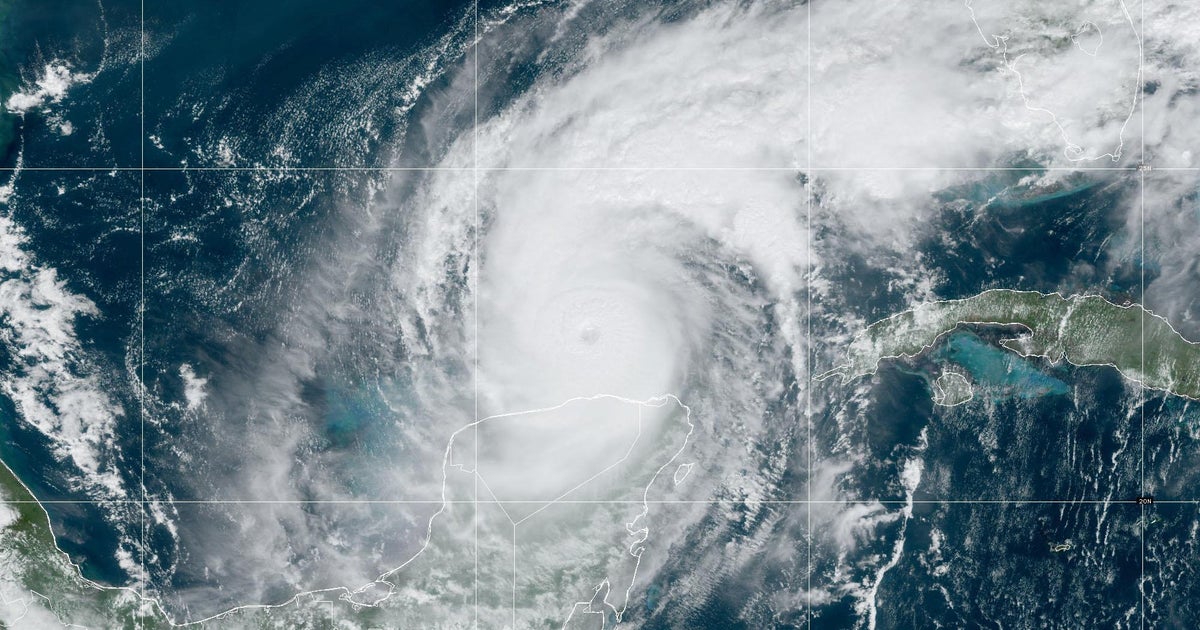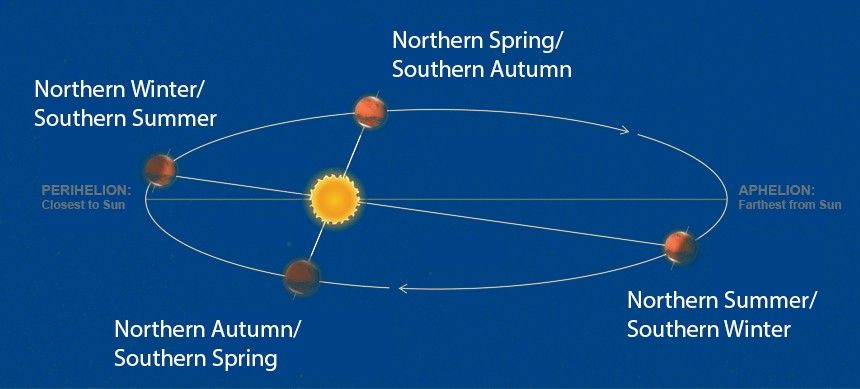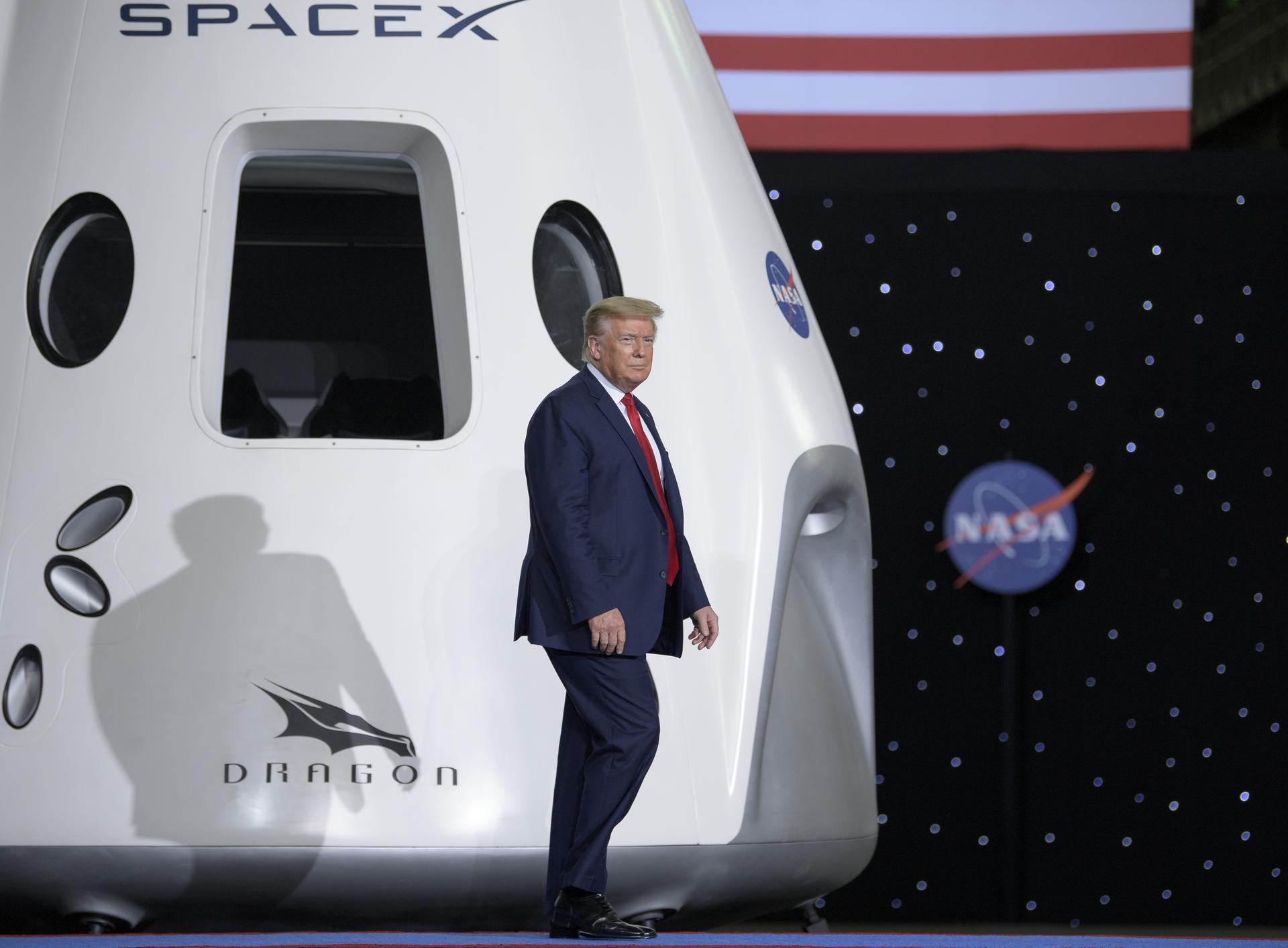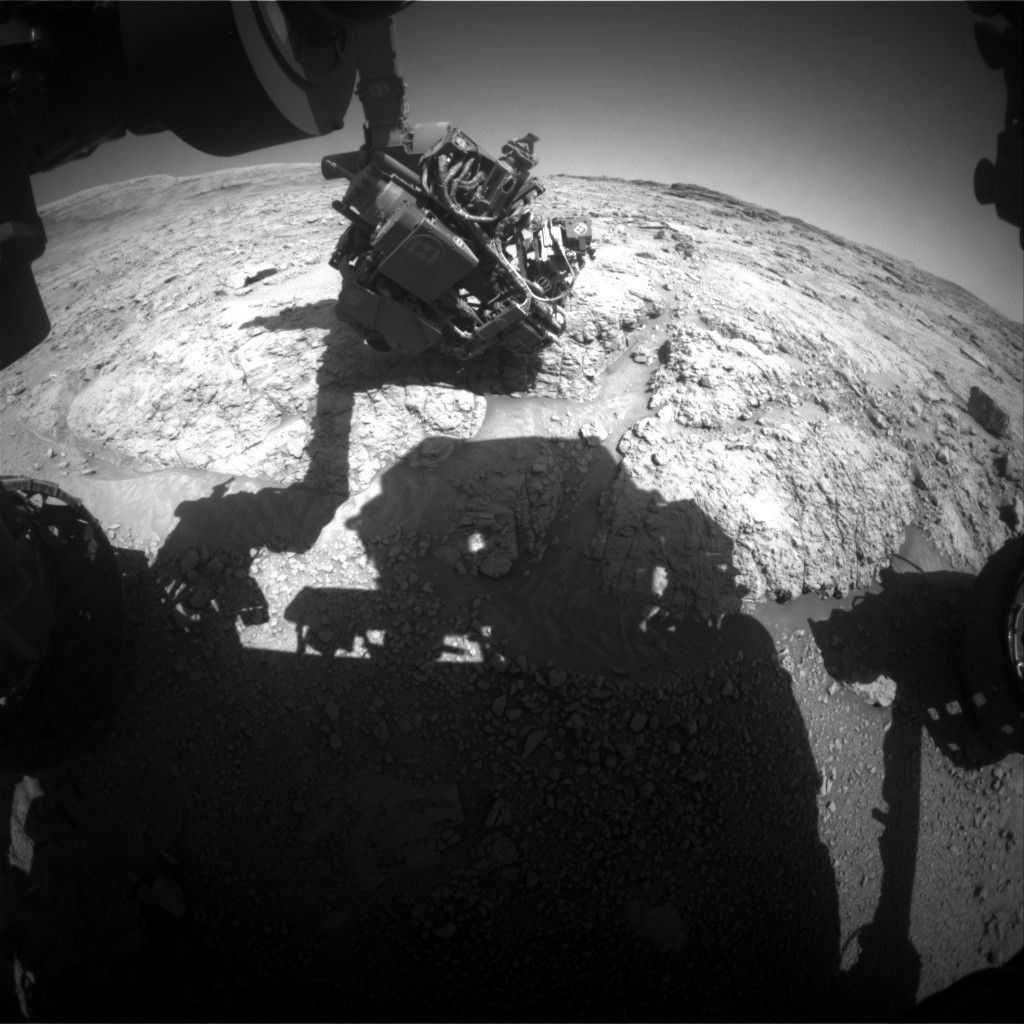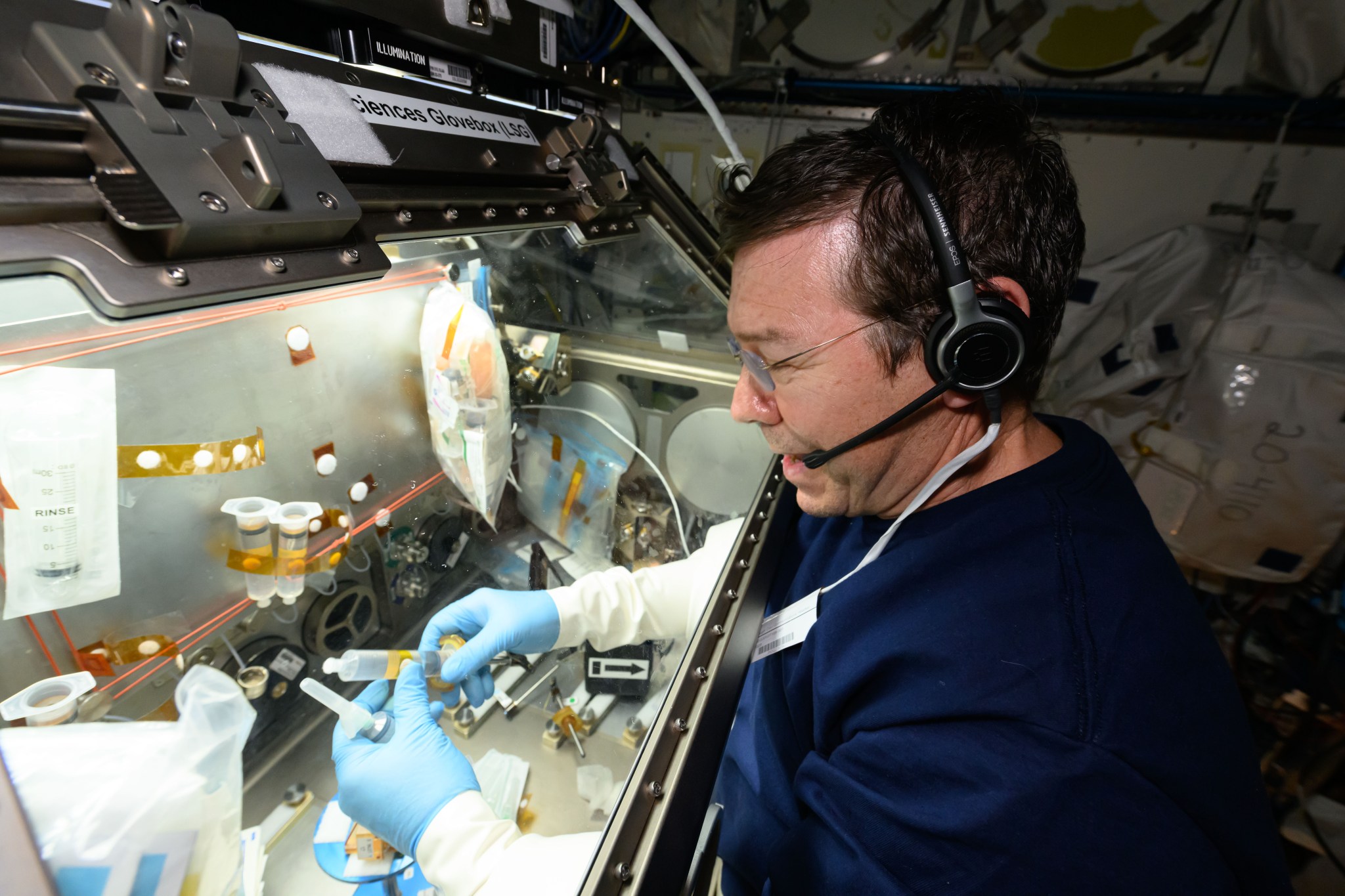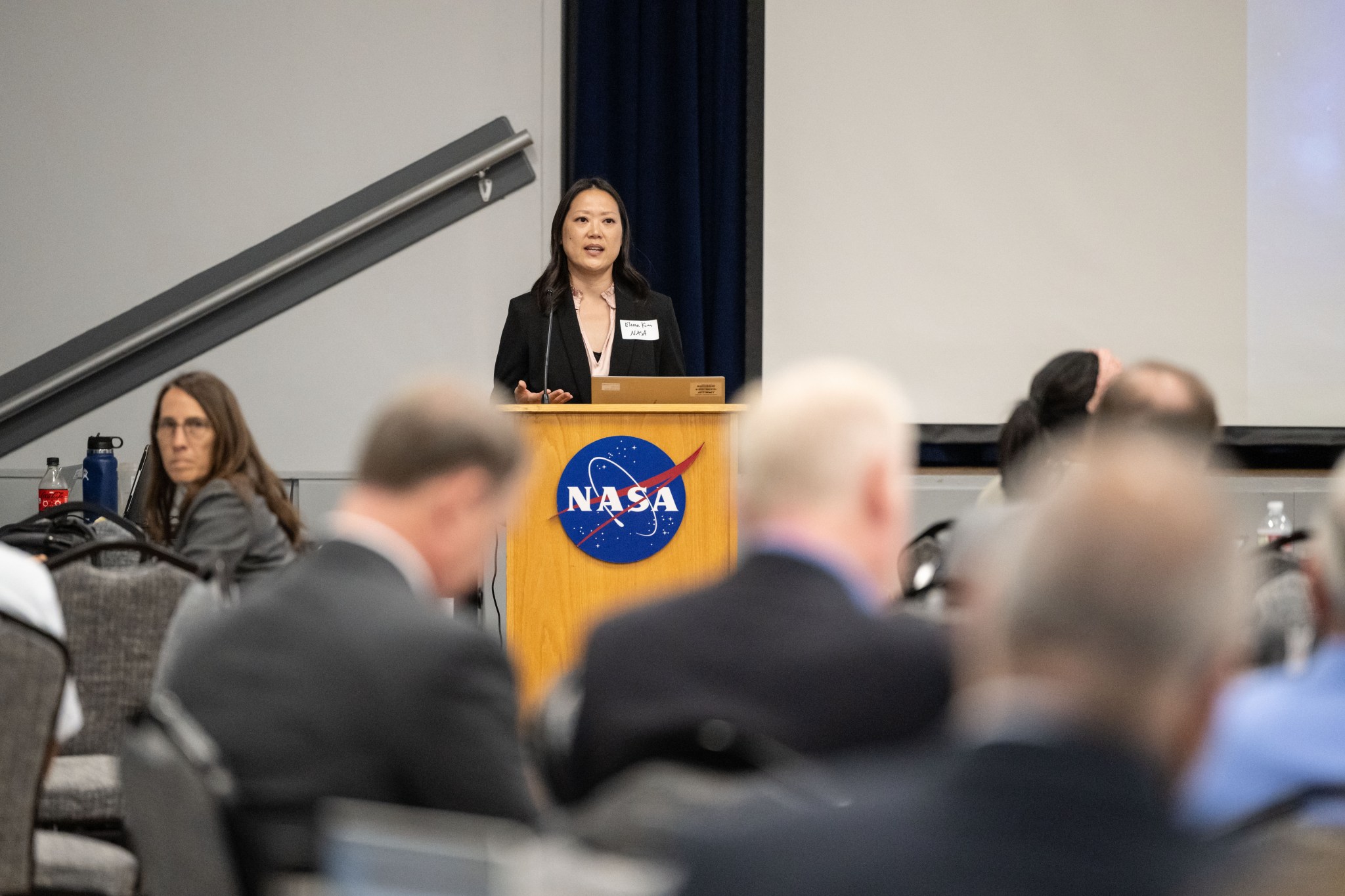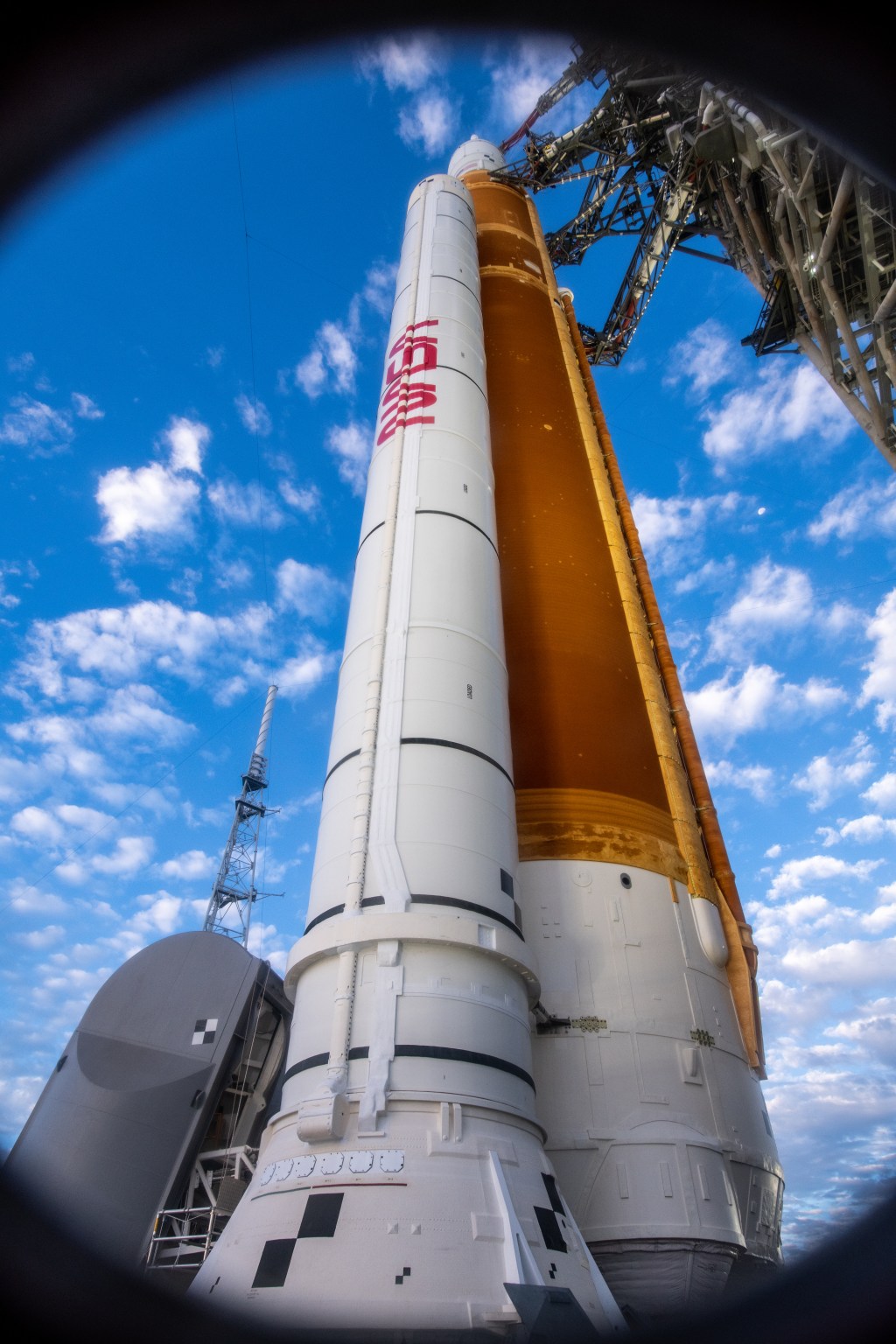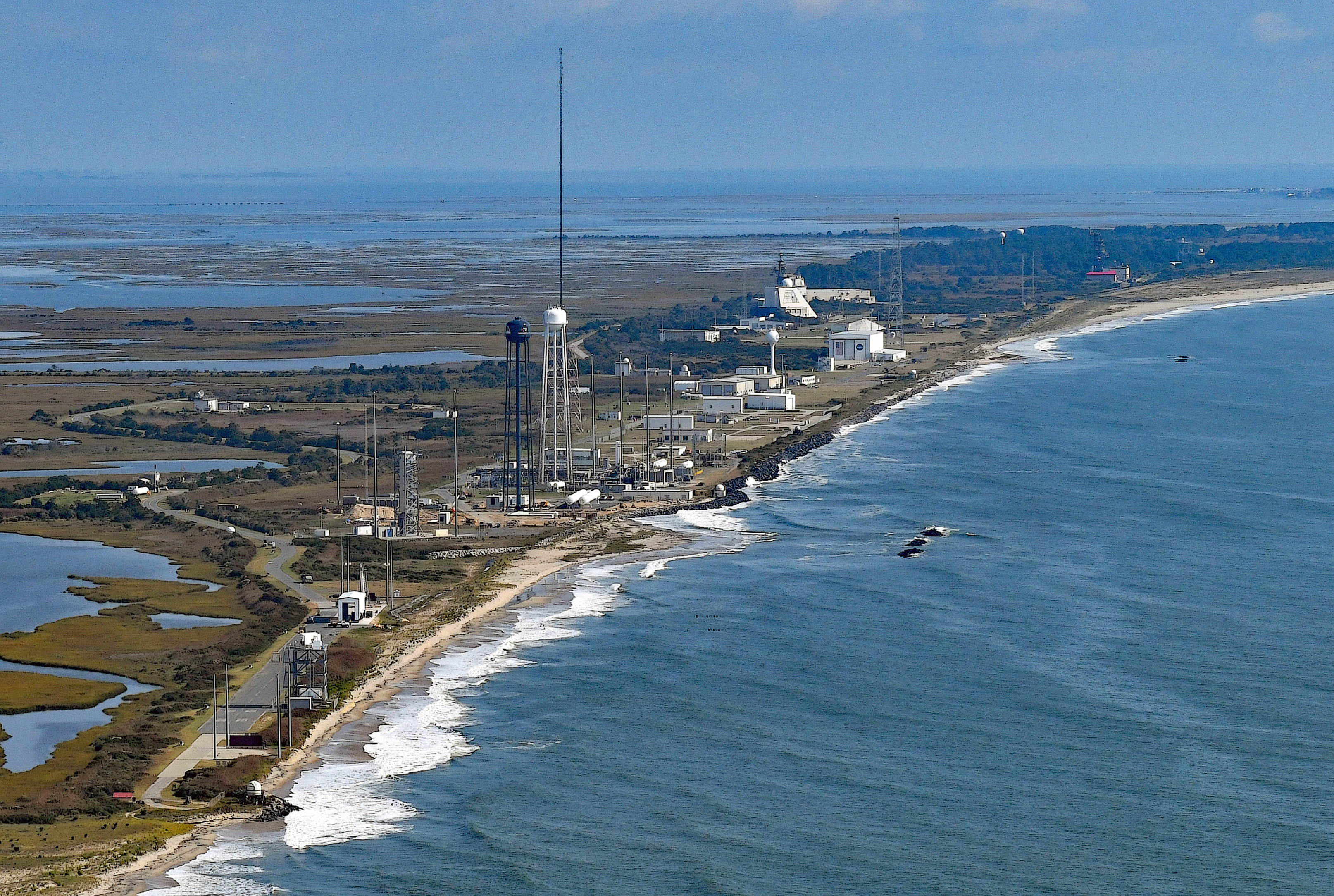NASA Shares Use Requirements with Commercial Destination Partners
NASA hosted a meeting to share knowledge with companies developing future commercial destinations at the agency’s Johnson Space Center in Houston. The discussion could aid in developing safe, reliable, innovative, and cost-effective space stations. Industry representatives from more than 20 companies attended. The program focused on NASA’s planned use of commercial destinations, draft utilization requirements, […]

NASA hosted a meeting to share knowledge with companies developing future commercial destinations at the agency’s Johnson Space Center in Houston. The discussion could aid in developing safe, reliable, innovative, and cost-effective space stations. Industry representatives from more than 20 companies attended.
The program focused on NASA’s planned use of commercial destinations, draft utilization requirements, and the payload life cycle. A primary interest for the use of commercial stations includes the continuation of scientific research in low Earth orbit, such as human research, technology demonstrations, biological and physical science, and Earth observation.
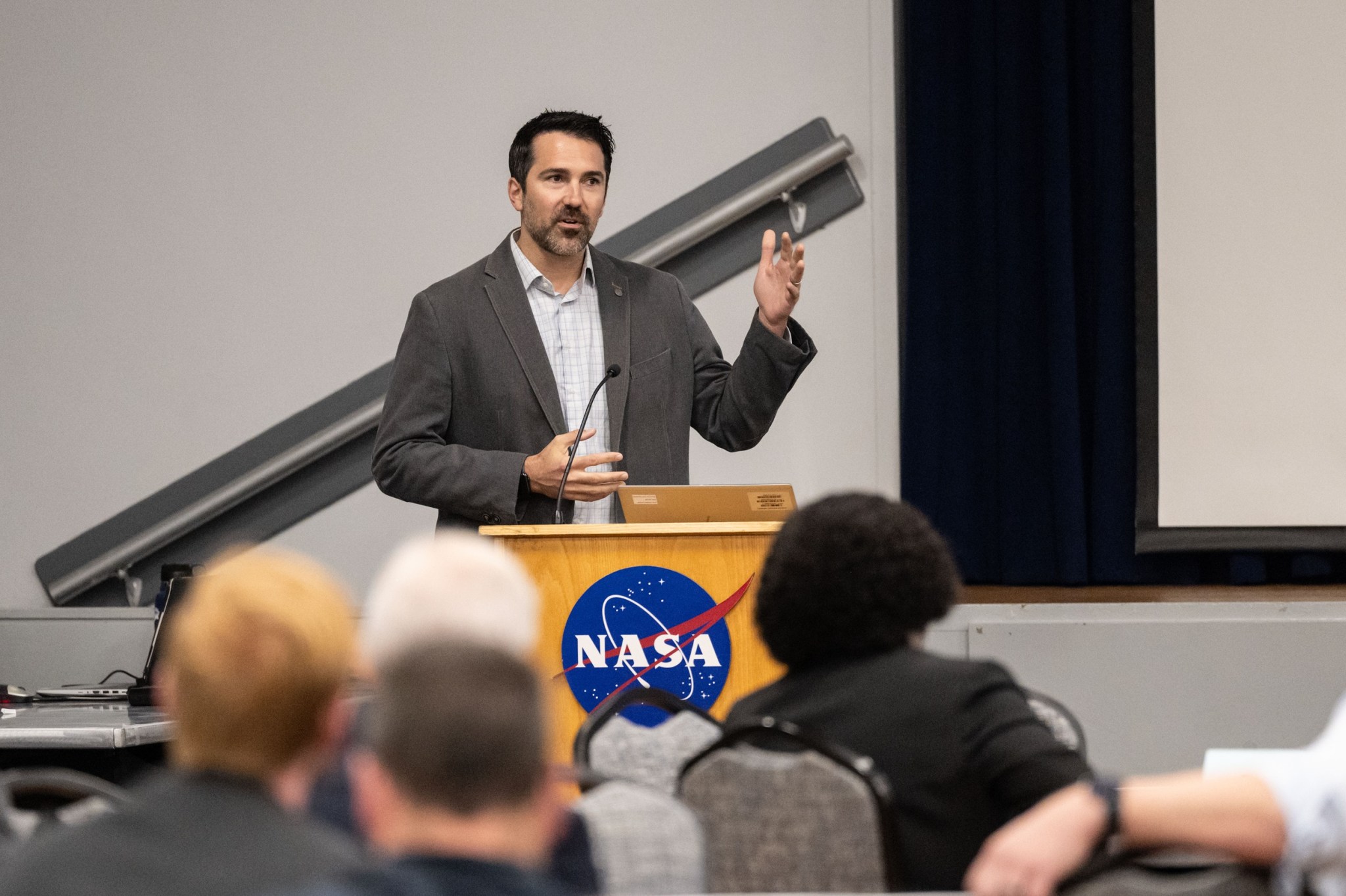
“NASA has benefited from the unique microgravity environment of low Earth orbit to conduct important science investigations and technology demonstrations for more than two decades,” said Dr. Kirt Costello, utilization manager for NASA’s Commercial Low Earth Orbit Development Program. “As commercial companies make progress in the design and development of their own space stations, it is important that we share NASA’s needs and requirements as well as foster an open dialogue between government and private industry.”
The program builds on a request for information released last year, seeking feedback from industry as the agency refines its requirements for new commercial space destinations.

Since then, the feedback has helped develop and refine a utilization requirements strategy, including a concept of operations, basic laboratory capabilities, and common payload standards for heritage hardware. NASA will continue to refine its future requirements and incorporate future low Earth orbit needs of other U.S. government agencies and international partners.
NASA uses a two-phase strategy to support the development of commercial destinations and enable the agency to purchase services as one of many customers. Phase 1 efforts extend through 2025, before NASA plans to transition to Phase 2, which will be to certify commercial destinations and purchase services.
The agency’s commercial strategy for low Earth orbit will provide the government with reliable and safe services at a lower cost and enable the agency to focus on Artemis missions to the Moon in preparation for Mars while also continuing to use low Earth orbit as a training and proving ground for those deep space missions.
Learn more about NASA’s commercial space strategy at:
What's Your Reaction?



















.jpg?#)







